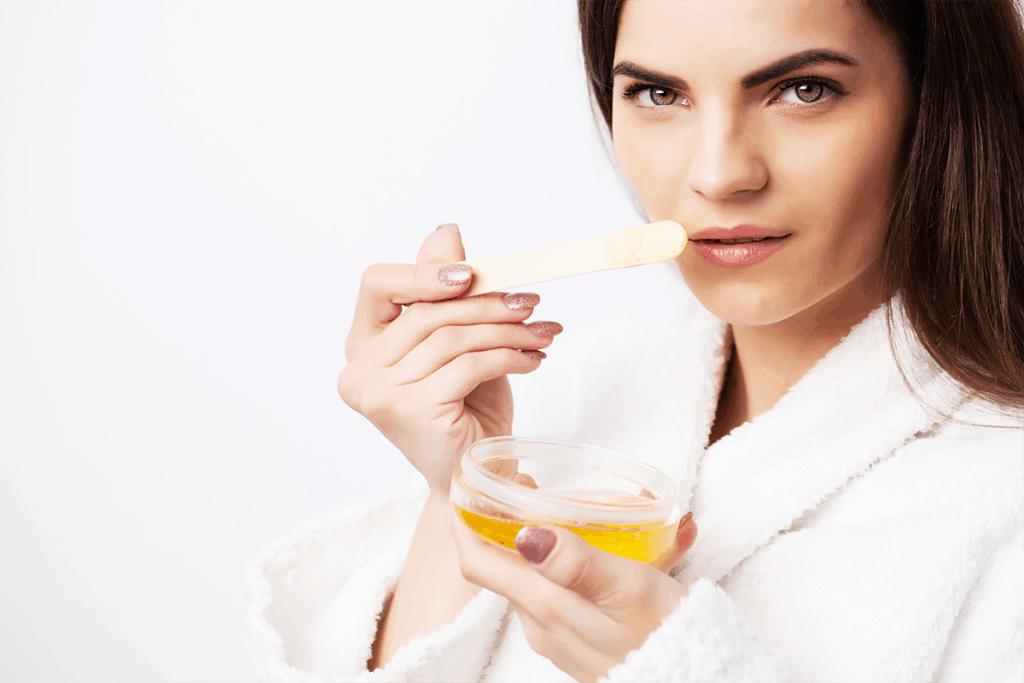
Honey is more than a sweet treat—it’s a natural elixir of youth. But does honey rejuvenation truly work at the cellular level? In 2025, with epigenetics and holistic health dominating naturopathic trends, bee products like honey and Camelyn supplements are gaining popularity for their role in body regeneration and protection against lifestyle diseases. This article explores how honey and Camelyn, based on unique Georgian bee honey, can support genetic health, immunity, and vitality, especially in summer when the body needs protection from oxidative stress.
Epigenetics studies how external factors, like diet or lifestyle, influence gene expression without altering DNA. Honey, rich in polyphenols (e.g., quercetin, kaempferol) and antioxidants, supports epigenetic processes by regulating genes linked to immunity and regeneration. A 2017 study in Oxidative Medicine and Cellular Longevity found that honey’s polyphenols reduce oxidative stress, which accelerates cell aging and increases the risk of diseases like cancer or heart disease.
Honey also contains hydrogen peroxide, which has antibacterial properties, and prebiotics like fructooligosaccharides (FOS), supporting the gut microbiome, a key player in epigenetic health. A review in Nutrients (2018) suggests that regular honey consumption improves gut flora, influencing the regulation of genes tied to inflammation and immunity.
Camelyn products, based on lyophilized special Georgian bee honey, take it a step further. They contain high concentrations of aldehydes, organic acids, phenols, and ketones, offering immunomodulatory, anti-inflammatory, and regenerative effects. Camelyn M1 (ampoules) and M2 (capsules) support humoral and cellular immunity, regulating the expression of genes responsible for immune responses. Clinical studies conducted since 1946 in Moscow and Tbilisi show that Camelyn reduces inflammation, alleviates pain, and supports regeneration in cancer and infections. Camelyn M3 (ointment) accelerates wound healing, while CamelynFlu (spray) relieves respiratory infection symptoms with its antiseptic action.
In summer, when the body faces oxidative stress from UV radiation and high temperatures, Camelyn M2 can be used as a dietary supplement to support cell regeneration, while Camelyn M3 protects skin from irritations.
Honey and Camelyn products may cause allergies in those sensitive to bee products. Honey should not be given to children under one year due to botulism risk. Camelyn supplements like M1 or M2 require medical consultation for serious conditions. Studies, such as Evidence for Clinical Use of Honey in Wound Healing (PMC, 2014), confirm honey’s efficacy, but results depend on product quality.
Honey and Camelyn supplements are natural tools for supporting genetic health and rejuvenation, from immunity to regeneration. In summer 2025, with epigenetics trending, incorporating Camelyn into your routine can enhance vitality and protect against diseases. Visit camelyn.eu to learn more about these unique products.
Keywords: honey rejuvenation, genetic health, Camelyn supplements, natural immunity, summer vitality.
Sources:

03-599 Warsaw
Wojskowa 11A
Poland

Camelyn sp z o.o.
NIP: 5242765803
Regon: 147062719
KRS: 0000493903

